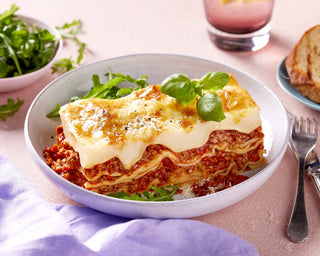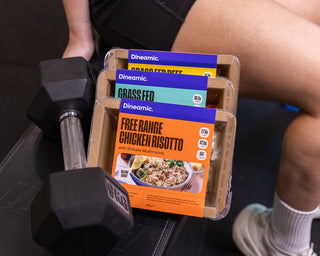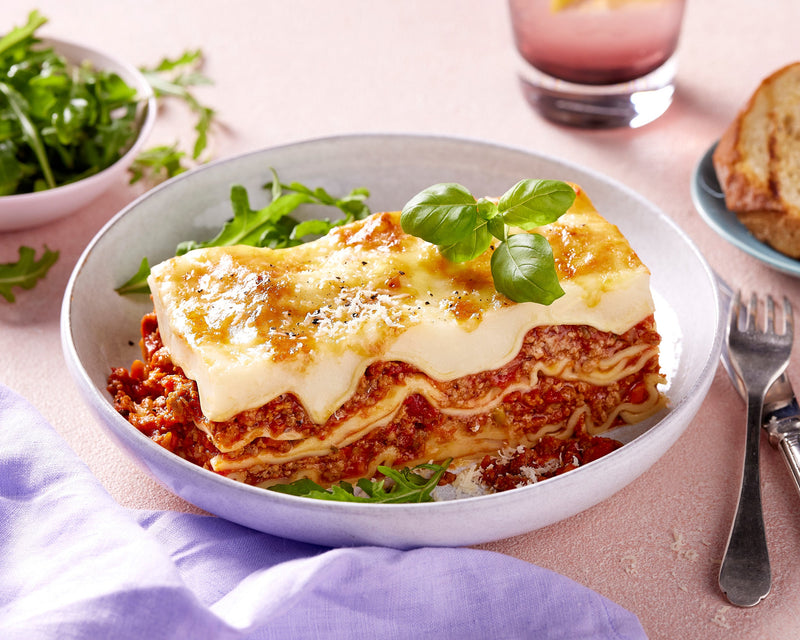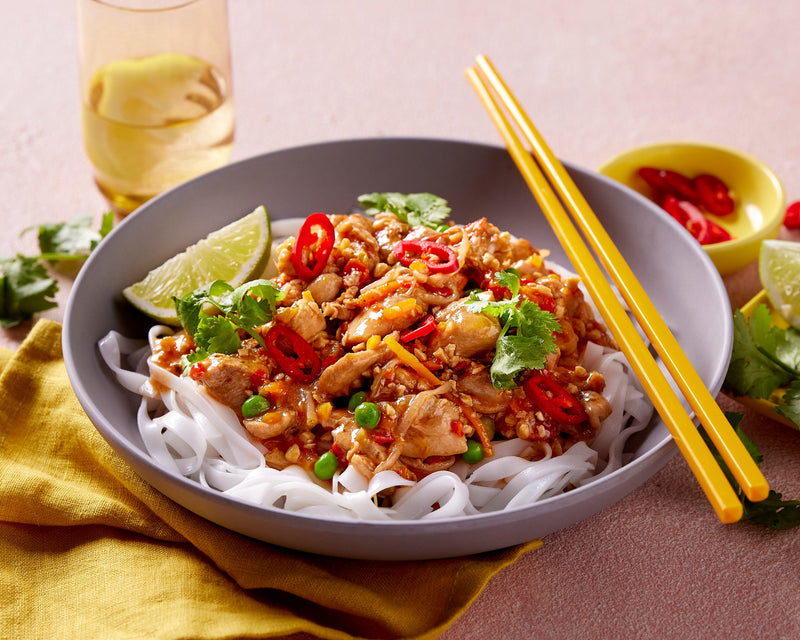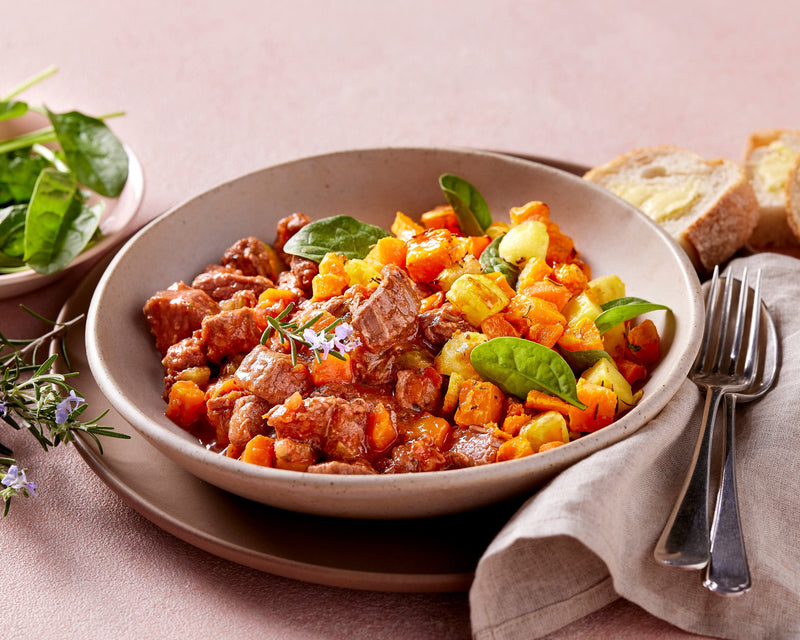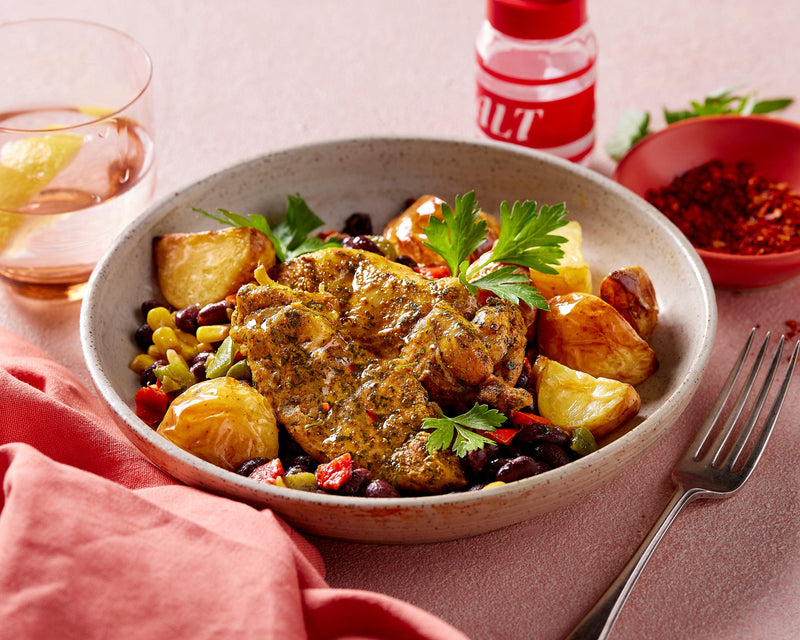Training for a triathlon, ½ marathon or long bike event? Confused about what to eat? Or maybe you want to maximise your performance with the right timing for your nutrition? We've got you covered with some sports nutrition basics so you can train hard, recover well, and perform like a pro when you need to.
Should I Start Eating Like an Athlete?
Even though the science of nutrient timing and specialised supplements is highly honed for elite athletes, it’s a different story for everyday exercisers or general training. To optimise performance and recovery, and get a weight-loss boost, it pays to time your nutritious meals and snacks around your sessions, not automatically add more food or specialised sports supplements in.
How to Fuel up
Basically, you want some nutritious carbohydrates on board before most sessions to make sure you have adequate blood glucose and glycogen stores to help you get through your workout.
As a rule of thumb, if you rise and shine early for activity, you don’t need to eat before you head out. Eating your regular oats or poached egg on wholegrain toast before your session isn’t a wise move because it might lead to stitches and digestion problems. However, if you find your energy levels regularly flagging at your 6am road cycle, try ½ -1 piece of fruit as you’re pulling on the lycra.
For activity later in the day, try having your regular lunch or a substantial snack about two hours before exercising. In many cases, an appropriate-sized meal like the Dineamic Salmon Risotto with over 56g of carb and 14.4 g protein or snack eaten before training means you can work out harder and will most likely see better results.
Remember Your Post-Workout
Professional athletes may go straight to the ice bath and sip a protein shake while their dietitian prepares a perfectly balanced recovery meal. But the rest of us just need to grab a nutritious snack or meal within 30 minutes of finishing exercise.
It should include nutritious carbohydrates like fresh fruit, wholegrains, legumes or reduce fat dairy foods to replenish glycogen stores and energy levels, plus high-quality protein like a boiled egg, dairy foods, or lean red meat, fish or chicken.
High-quality protein, from the likes of our Sweet and Sour Pork, will help to repair muscles and minimise stiffness. That means you won’t be too sore to get up and go again tomorrow!
Practice Makes Perfect
Yep, even with food. As your training schedule continues and the big event gets closer, aim to practice your food and drink strategy as part of your training. How many water bottles will you need? Will there be drinks stations? When will you stop? Are you packing portable foods like bananas? Can you eat while riding? Or running? Are you using sports gels or supplements? Trialling your food and fluids will help identify any issues like digestion problems and make everything smooth sailing on the day.
For more information visit www.sportsdietitians.com.au
Written by Karen Inge – Accredited Practising Dietitian & Head of Dineamic Nutrition


